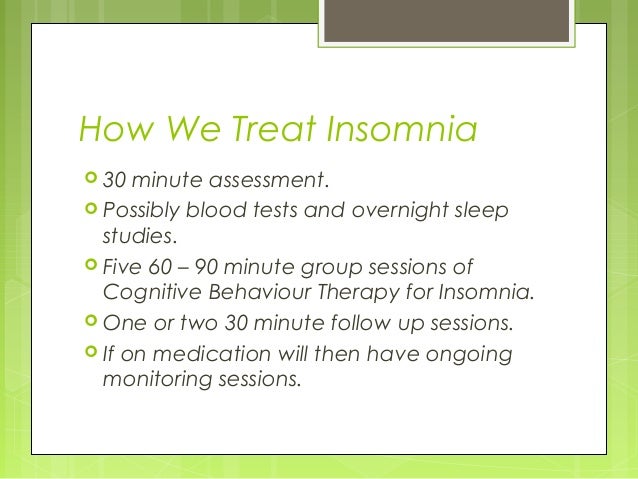
The researchers found that those with persistent insomnia had a 97 percent increased risk of death. They found that sleeping less increased the risk for death by 12 percent, compared to those who slept 7 to 8 hours per night.Ī more recent study looked at the effects of persistent insomnia and mortality over 38 years. An analysis of 16 studies that covered over 1 million participants and 112,566 deaths looked at the correlation between sleep duration and mortality.

Having insomnia can shorten your life expectancy. Not only can it affect your performance at work or school, but too little sleep may also increase your risk for car accidents. A lack of energy can cause feelings of anxiety, depression, or irritation.

The immediate concern is daytime sleepiness. Increased risk for mental health disorders According to the National Institutes of Health, insomnia can increase your risk for mental health problems as well as overall health concerns. There are serious health risks associated with chronic insomnia. Read on to learn about the effects of insomnia on your body, the causes, and what to do about it. Treating insomnia is important because this condition can increase your risk for other health concerns. Sometimes insomnia goes away after lifestyle factors, such as family or work stress, resolve.įor more serious cases, addressing the underlying cause can improve your sleep quality. Research shows that comorbid insomnia accounts for 85 to 90 percent of chronic insomnia.

There are no FDA-approved drugs to treat insomnia in children, although some evidence supports use of melatonin for sleep-onset problems in children with neurodevelopmental disorders.Almost everyone experiences insomnia from time to time. Side effects (confusion and falls) and habit-forming potential should be considered. Medications should be chosen so that the timing of their effect matches the time of night affected by the insomnia (trouble falling asleep, trouble staying asleep, or early morning awakening). Some drugs without FDA approval for treatment of insomnia are also commonly used, including trazadone, quetiapine, gabapentin, melatonin, and over-the-counter sleep aids. US Food and Drug Administration (FDA)–approved drugs for insomnia include nonbenzodiazepine hypnotics (zolpidem, zaleplon, eszopiclone), benzodiazepines (triazolam, temazepam), selective histamine antagonists (doxepin), melatonin receptor agonists (ramelteon), and hypocretin/orexin receptor antagonists (suvorexant, lemborexant). If chronic insomnia does not improve with CBTI, adults may benefit from medication.

CBTI can be done in person or via telehealth, web-based, or app-based tools. CBTI also gives behavioral recommendations, including establishing a wake-up time, restricting time in bed, reserving the bed for sleep and sex, avoiding naps, and recommending against caffeine, alcohol, use of electronic screens, and exercise close to bedtime. Patients with severe acute insomnia may also benefit from short-term use of medications to decrease the physical and psychological effects of sleepiness and to reduce the likelihood of developing dysfunctional behavioral responses to insomnia.įor chronic insomnia, first-line treatment is cognitive behavior therapy for insomnia (CBTI), which aims to reduce fear and anxiety about sleeping and provide bedtime relaxation strategies. Shared Decision Making and Communicationįor short-term insomnia, discussion with a clinician about the stressor causing sleep difficulty may be helpful.Scientific Discovery and the Future of Medicine.Health Care Economics, Insurance, Payment.Clinical Implications of Basic Neuroscience.Challenges in Clinical Electrocardiography.


 0 kommentar(er)
0 kommentar(er)
